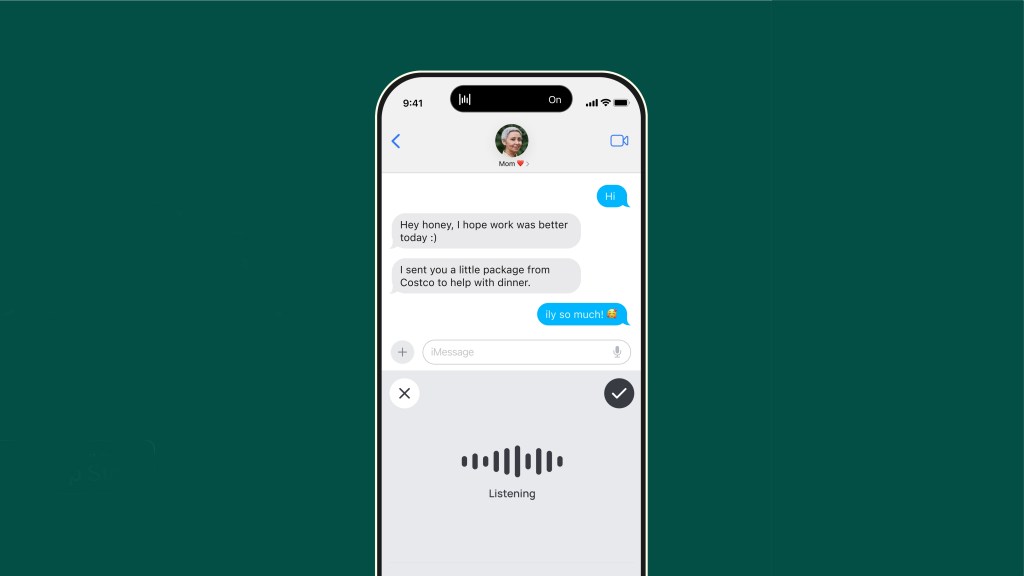Wispr Flow Launches Innovative iOS App to Revolutionize Effortless Dictation
It appears that AI companies are increasingly eager for users to interact with their products vocally. Major players such as Meta, Google, OpenAI, and Anthropic have introduced features enabling users to converse with AI bots as naturally as they would with other people, capitalizing on advancements in speech-to-text technology.
However, a startup named Wispr Flow believes it can surpass these giants with its dictation technology that supports over 100 languages. The company has recently enhanced its existing Windows and Mac applications by launching a new iOS app that functions as a keyboard, allowing users to type within any app using their voice.
You might think this is just another speech-to-text solution, but during my experience with Wispr Flow, I was notably impressed. As an Indian, finding a speech-to-text app that fully comprehends my speech has always been a challenge, and I often struggle to get AI assistants like Alexa and Siri to complete my requests successfully.
In contrast, Wispr Flow provided a significantly superior experience compared to any dictation technology I’ve used from the larger tech companies. Initially, I found myself needing to edit my sentences in both the desktop and mobile apps, but after a few uses, the dictation experience improved considerably. I ended up dictating long emails and messages, even composing much of this article using only my voice.
The app includes a numeric and symbol keyboard for typing special characters and learns custom names and terms automatically, or you can manually input them through its dictionary section. Additionally, it allows users to whisper into the microphone for use in environments where speaking aloud isn’t feasible. The company claims that the iOS app can function effectively even in areas with poor network coverage.
Wispr Flow’s co-founder, Tanay Kothari, shared with TechCrunch that his original vision was to create a wearable device enabling users to type silently by mouthing words. The foundation of that device was the Flow software, leading to a pivot last July that focused solely on software solutions, followed by the release of the Mac app a few months later.
For the desktop app, users can begin dictating in any application by simply pressing a hotkey, making it easier to access. With the iOS app, the challenge lies in convincing users to switch to Wispr’s keyboard each time they wish to use the app.
Wispr Flow is free to use until users reach a limit of 2,000 words per week. There’s also an unlimited plan available for $12 per month or $144 per year, which grants early access to upcoming features.
The company has successfully secured $26 million from investors, including NEA, Palo Alto Networks, and 8VC. Kothari reported that the subscription service is experiencing a conversion rate of 19%, with the startup’s revenue growing by 60% month-over-month.
Looking ahead, Wispr Flow plans to release an Android app this year and is developing shared context functionality for teams, allowing the app to recognize common terminology used in enterprise environments.
Wispr faces competition from several startups, including YC-backed Aqua, Talktastic, Superwhisper, and Betterdication. While Kothari anticipates increased competition in this field due to advancements in AI and voice technology, he believes that Wispr’s engineering expertise and long-term commitment to technology will differentiate it from the rest.







